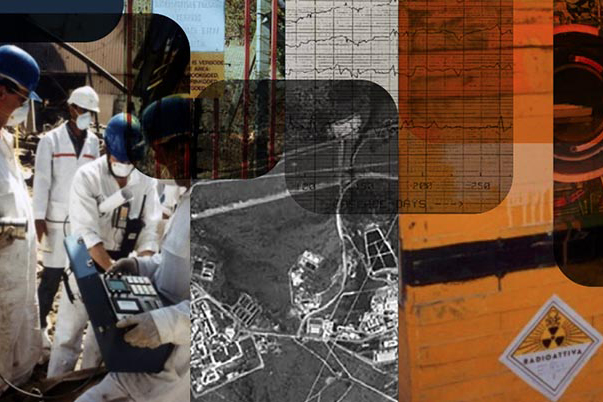The United Nations Institute for Disarmament Research (UNIDIR) held a virtual launch of its report on Examining Modalities for Nuclear Disarmament in the Middle East WMD-Free Zone Treaty.
Despite numerous regional and global frameworks in the form of the various NWFZ treaties and the NPT, there are few available international mechanisms addressing nuclear disarmament. Those that do exist are relatively nascent and, in many ways, still evolving. This paper addresses the complexities associated with nuclear disarmament in the absence of an internationally accepted multilateral framework. The paper sketches out and examines the implications of two primary pathways to achieve nuclear disarmament in a future ME WMDFZ treaty: disarmament as a precondition for joining the treaty, and the inclusion of specific disarmament provisions in the zone treaty. The paper also discusses the implications for each pathway. The paper’s objective is to provide officials and experts with an overview of existing frameworks and tools for nuclear disarmament and how these might be addressed in the regional context and within the Middle East WMDFZ treaty.
The report was presented by the authors:
- Ms. Tomisha Bino, former Researcher at UNIDIR ME WMDFZ Project.
- Mr. Karim Haggag, Director of the Middle East Studies Center at the American University of Cairo.
The presentation was followed by a conversation with discussants:
- Dr. Hassan Elbahtimy, Senior Lecturer in the Department of War Studies and Director of the Center for Science and Security Studies, King’s College.
- Ms. Gaukhar Mukhatzhanova, Director of the International Organisations and Non-Proliferation Programme, Vienna Center for Disarmament and Non-Proliferation.
The event was moderated by the ME WMDFZ Project Head, Dr. Chen Zak Kane, with a Q&A session to follow.
Event recording
When and where
16 May 2023, from 15:00-16:30 pm CEST, online.
Participants
This virtual event was open to the public and took place in English.
